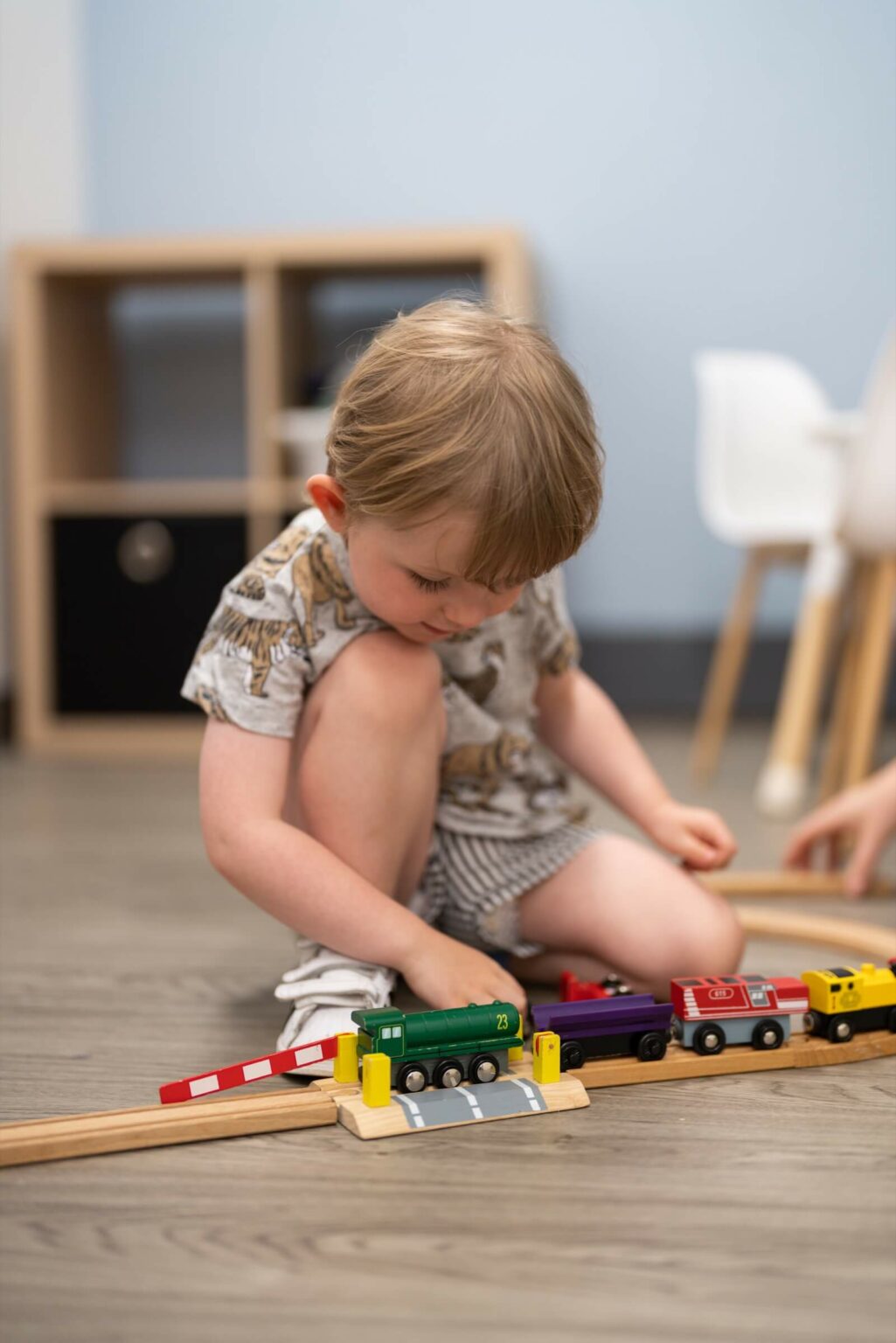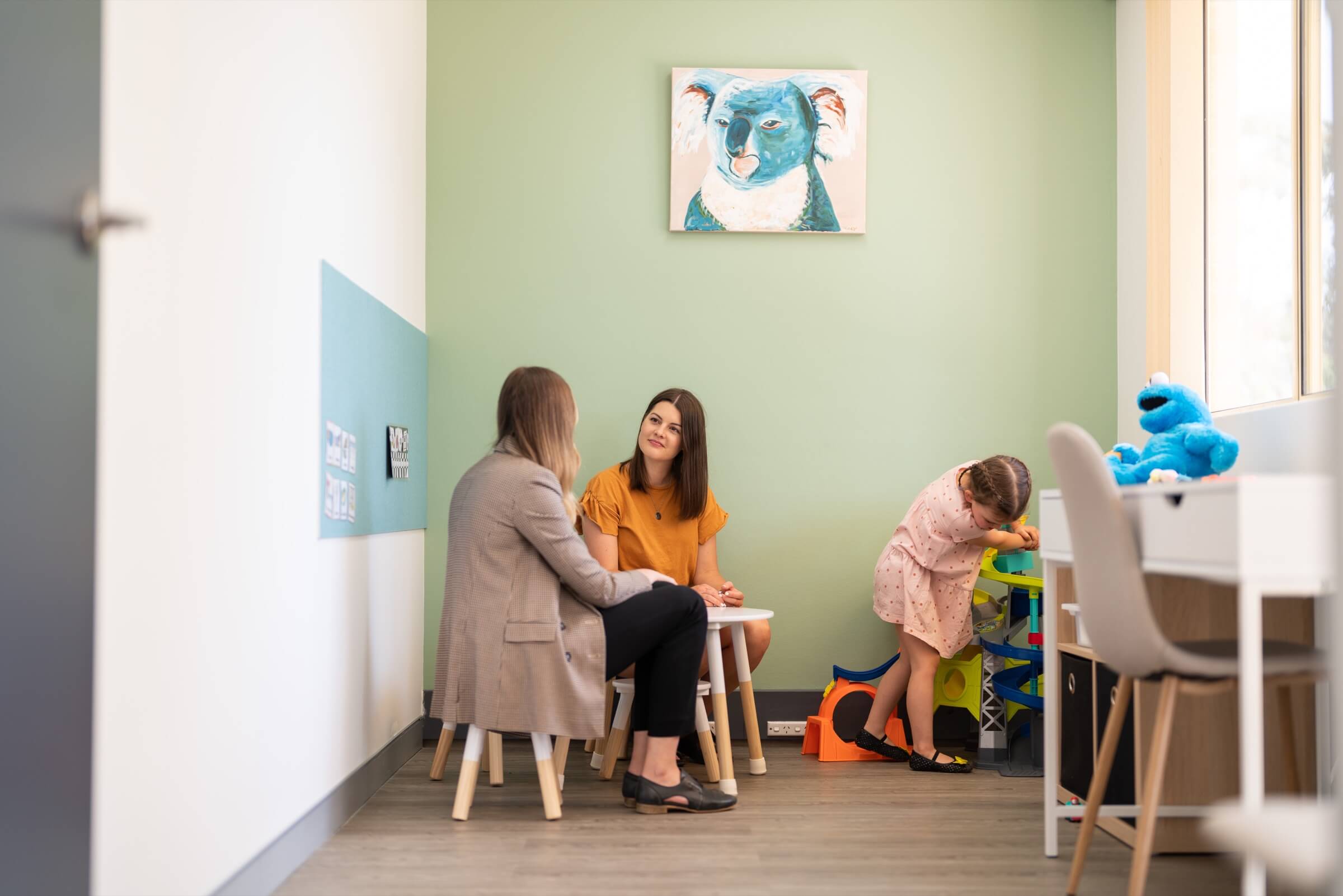For Babies, Toddlers & Young Children
Early Intervention
At Northside Speech Pathology, we provide Early Intervention services for children of all ages. Our certified practising therapists are experienced in working with infants and toddlers to identify their individual needs and develop strategies to support them. We use evidence-based interventions combined with activities designed to help them reach their goals. With our Sydney Clinic, In-Home visits, School visits, and Telehealth sessions available, we provide a comprehensive range of services tailored to meet the specific needs of each family.
Let us give your little one the best start on their journey towards success! Contact us today.
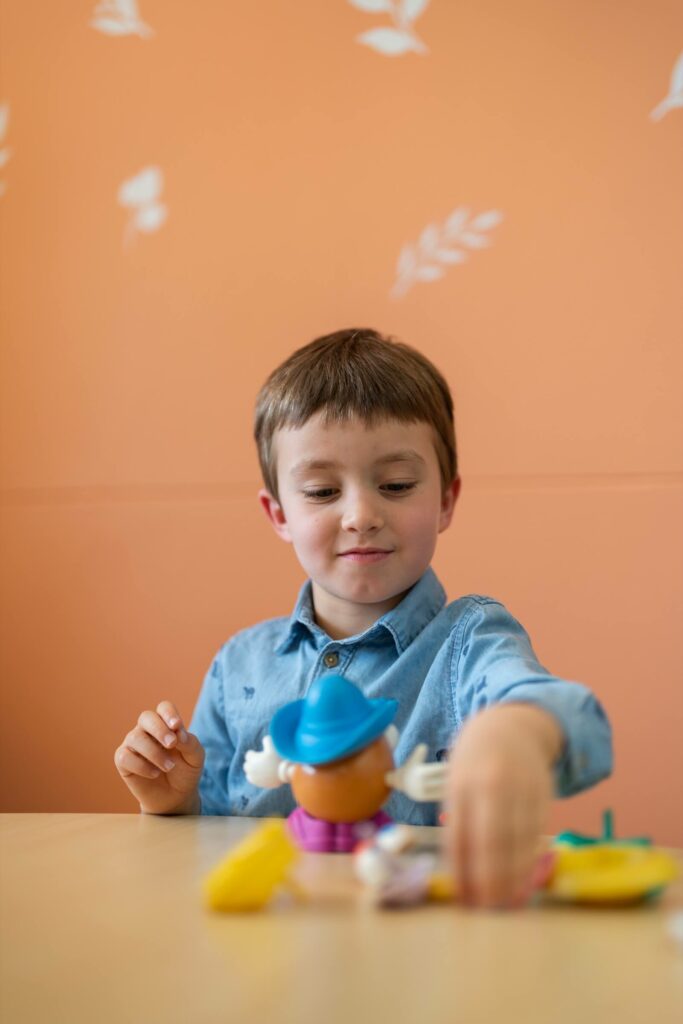
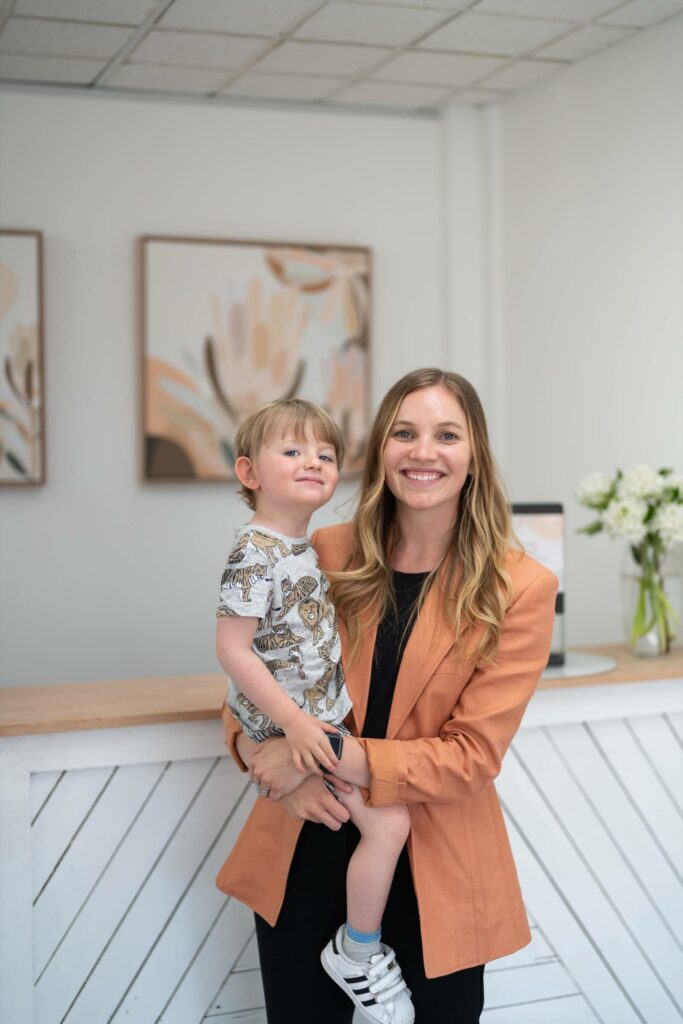
Foundation for Comprehensive Growth
Taking a HolisticApproach to
Increase emotional awareness
Increase resilience
Improve Social Skills
Improve pretend play skills
Reduce anxiety – for child and parent
Promote positive behaviour support
Increase engagement in early childhood & school settings
Interactive and Playful Learning
Play Based Programs
We work with you and your child to provide play-based programs that focus on developing a child’s cognitive, emotional, communication, play and social skills. Functional behaviour assessments and behaviour training may also form a part of a child’s intervention program where required.
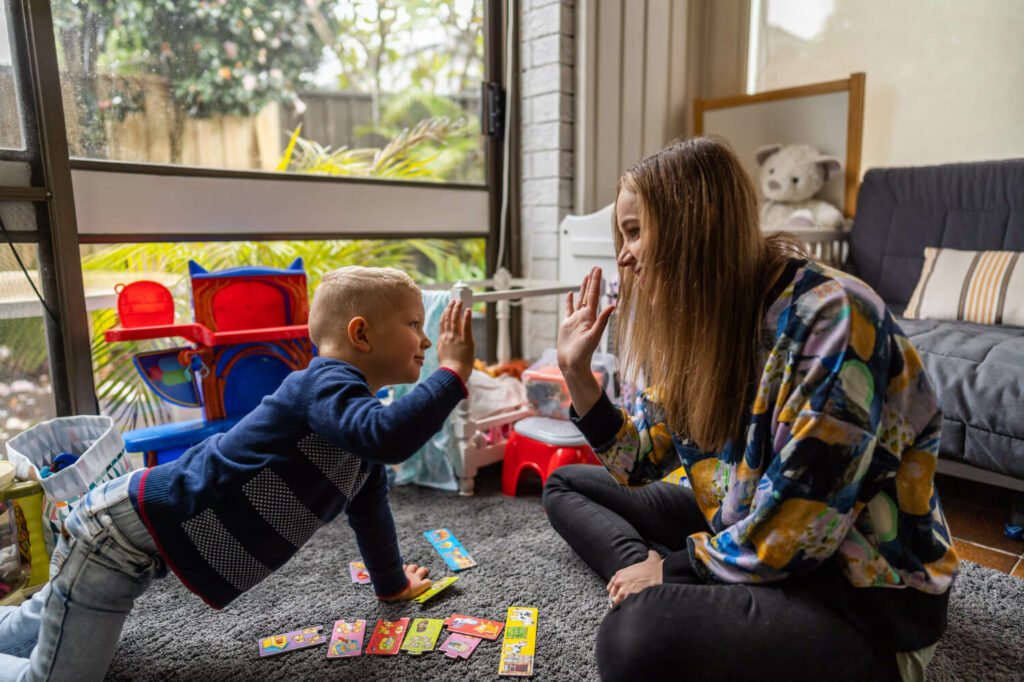
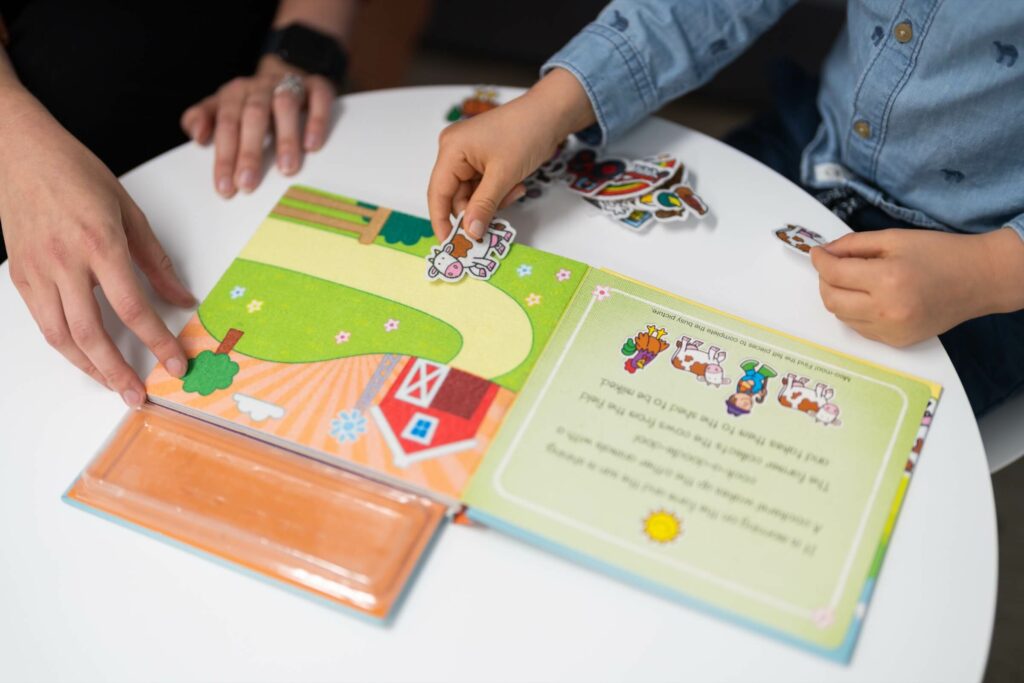
Inclusive Support for Diverse Needs
Who is Early Intervention for?
Early intervention is not just for children who have a diagnosed disability, but for those where there are concerns regarding developmental delay, Autism Spectrum Disorder, Social communication difficulties, difficulty with attention, poor emotional regulation, or concerns regarding behaviour.
OVERCOMING DEVELOPMENTAL CHALLENGES
Developing Independence Through Skill Building
Our early intervention program focuses on helping children develop the foundational skills they need to thrive. We work with children who may have delays or difficulties in areas such as communication, social interaction, play, and self-regulation. Our therapists use evidence-based strategies to help children build these critical skills, promoting their independence and setting them up for success in their future learning and development. We collaborate closely with parents and caregivers to create a supportive environment that fosters each child’s unique strengths and abilities.
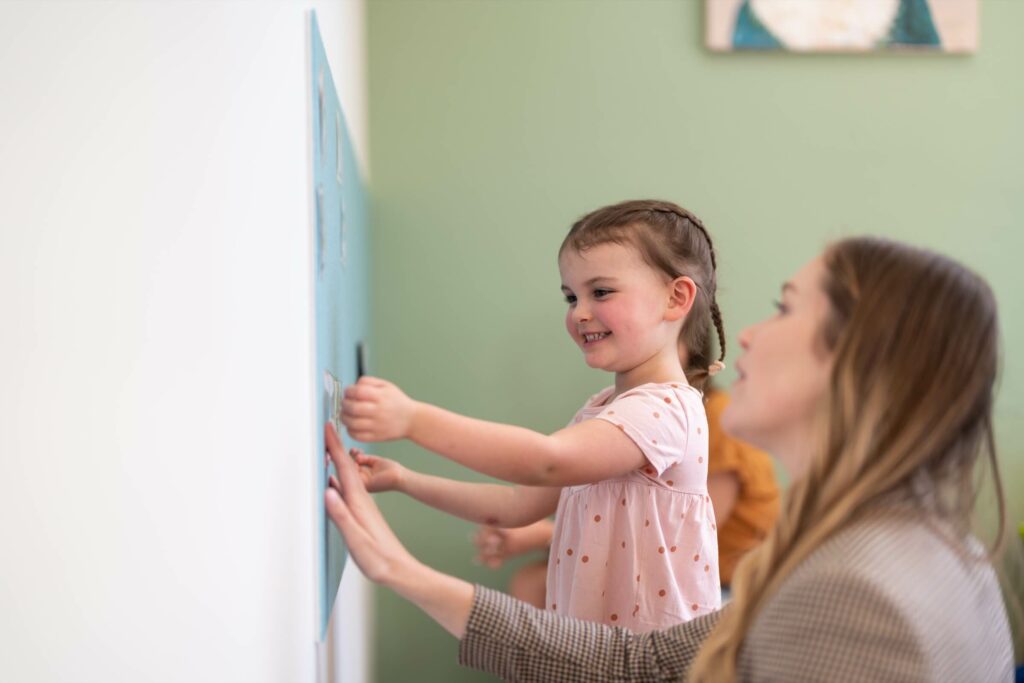
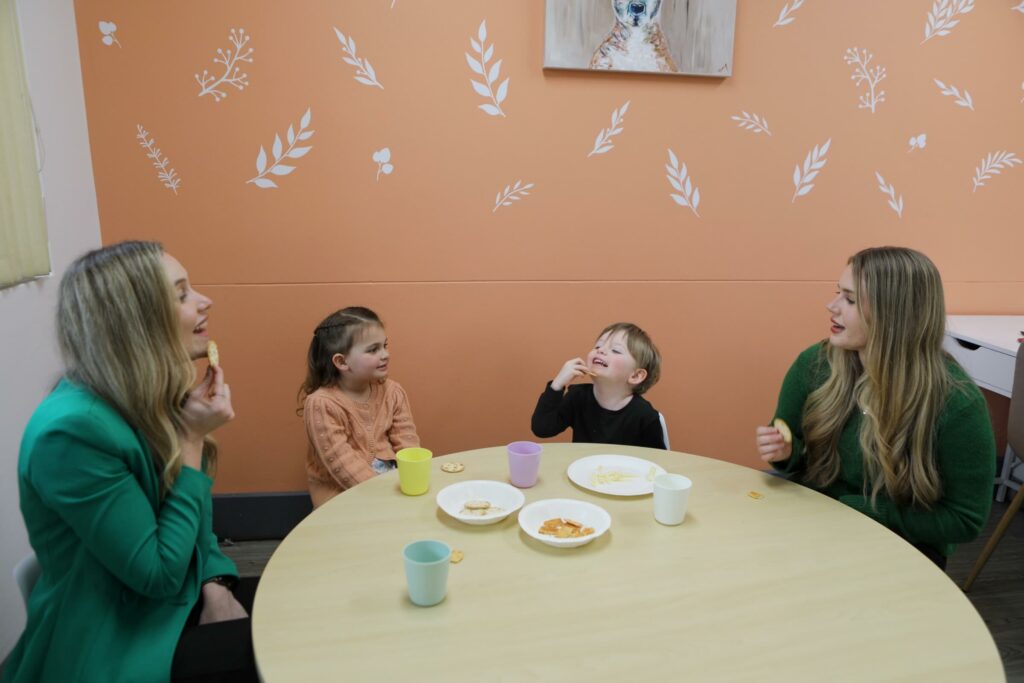
Navigating School Transitions with Ease
Social Readiness
In addition to providing children with the skills they need to succeed in the school environment, we provide transition support into primary school or early childhood settings. We work with educators to help them understand your child’s needs and assist them to implement strategies, build their capacity and support your child in the classroom and playground.
Parent Coaching & Building Parenting Skills
We provide practical information to help you understand your child’s behaviour and real-life strategies for parents and carers. We help you learn how to engage in responses that encourage emotional regulation and resilience.
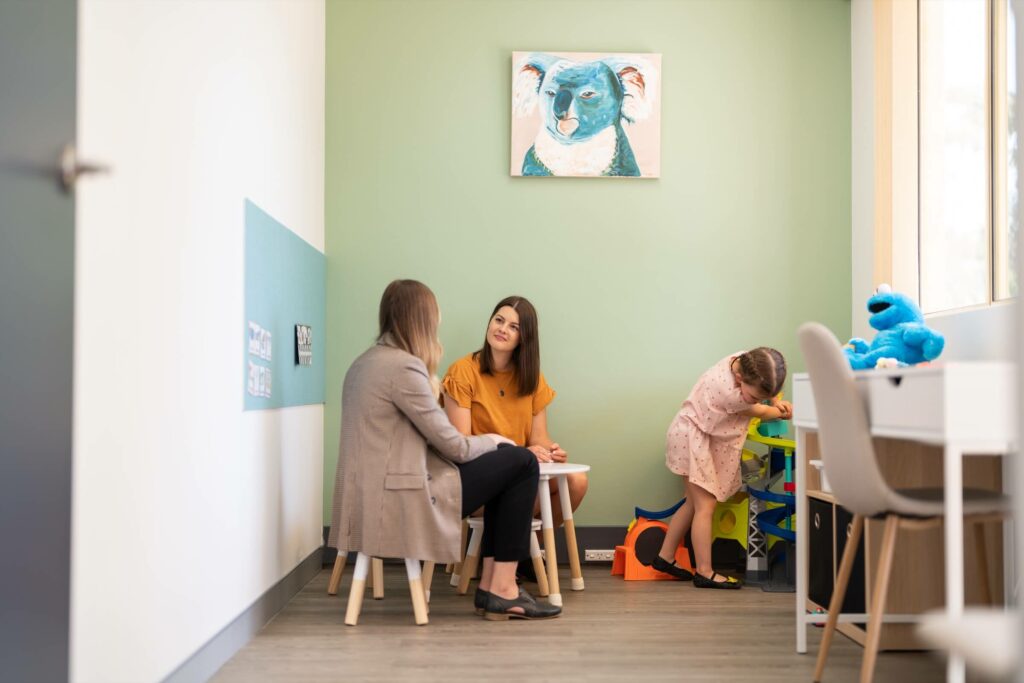
Online Support
We offer early intervention via telehealth for children in regional areas who are not able to access therapy, or for children who are on extensive waitlists. Our therapists will work with you and your child to develop goals, and strategies to achieve these goals.Your child does not need to be able to sit in front of the screen for these supports.
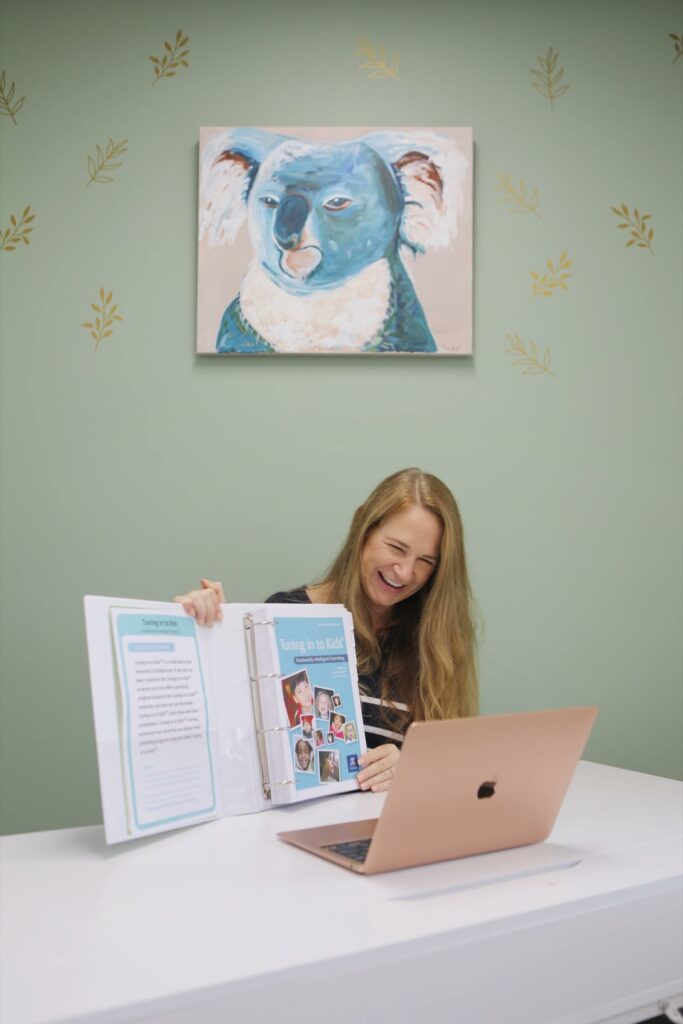
What to Expect
Sessions are divided between floor time and table time.Your child’s interests and abilities will be utilised to develop their skills in areas that we have prioritised together.Sessions will have a strong focus on developing skills through play.
Table time will engage the child in activities which increase their attention and focus, and expand their interests while developing their pre-academic skills. This may include:
- Learning to make requests
- Learning to follow instructions
- Identifying and labelling objects
- Taking turns
- Developing fine motor skills.
The session will also include movement to assist with attention, including gross motor activities such as imitation, learning to regulate movements, and interactive games.
Parents are strongly encouraged to remain and participate in the session, as the greatest developmental gains are often achieved when parents practice the activities at home.
